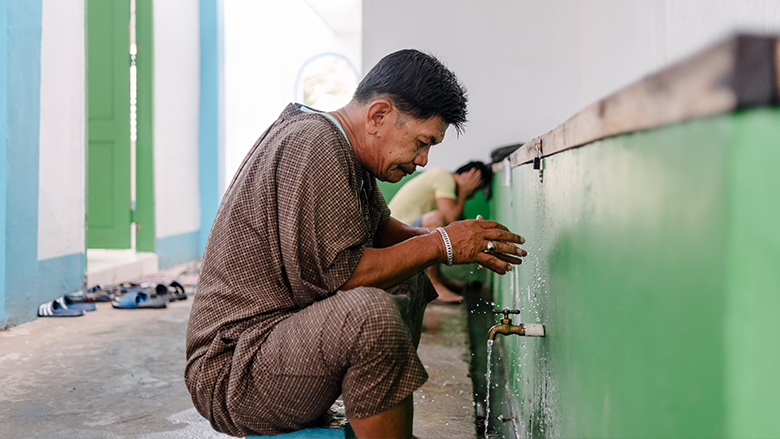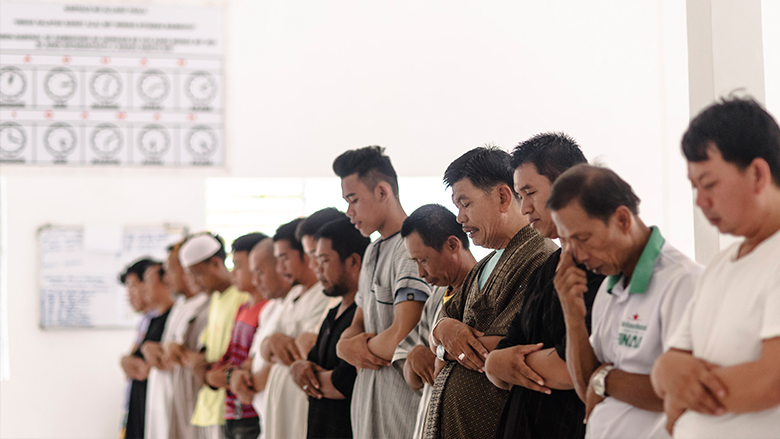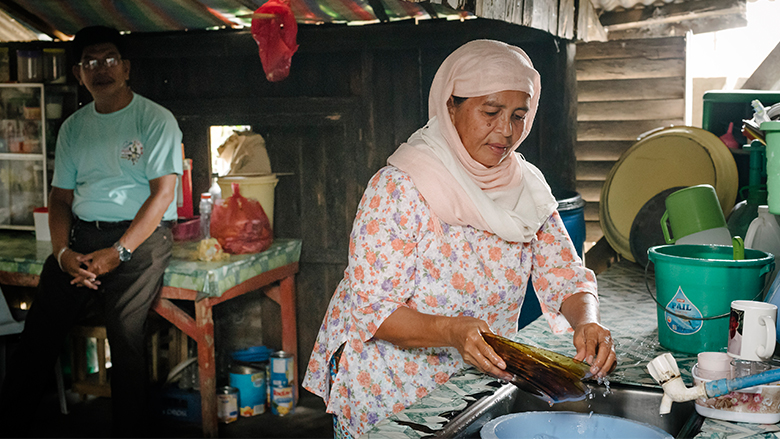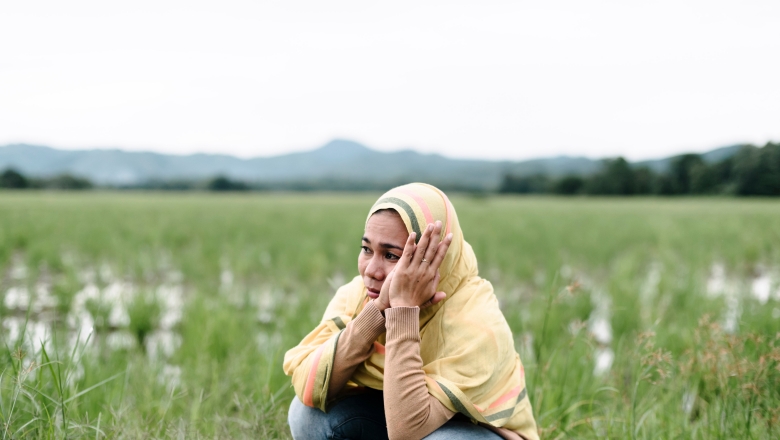Abdul Wahab Dagundol became a Black Shirt—an armed militia group that was a precursor to the Moro National Liberation Front—when he was 16 years old. Like hundreds of others, he joined what would become a decades-long fight for self-determination for Muslim people (also called Moro or Bangsamoro) in southern Philippines.
Wahab didn’t physically fight for long, however. Deflated by the loss of lives, of Filipinos killing fellow Filipinos, he turned to agriculture. Eventually he entered public office, motivated to inspire his children and community to invest in education, not violence. He has been Barangay Chairman (village head) of Upper Campo Islam, a small community in southern Mindanao, for nine years. At 52, this year will be his final term before retirement.
“I am Abdul Wahab Dagundol, Barangay Chairman of Upper Campo Islam. I am blessed with seven children and I am the head of the family. I joined the struggle for Bangsamoro to have its own identity through autonomy. But I saw no good impact, just suffering, because we were fighting against fellow Filipinos.”
“Being a rebel gives you life lessons. I learned two things. First, killing our fellow men--it was a case of kill or be killed. And second, you are not good in the eyes of the government.”
“In 1976 I decided to stop. I realized there is no sense fighting the government because we don’t have power. I stopped because there is no impact in our lives and there is no good future we can gain. I stopped but I did not surrender.”




